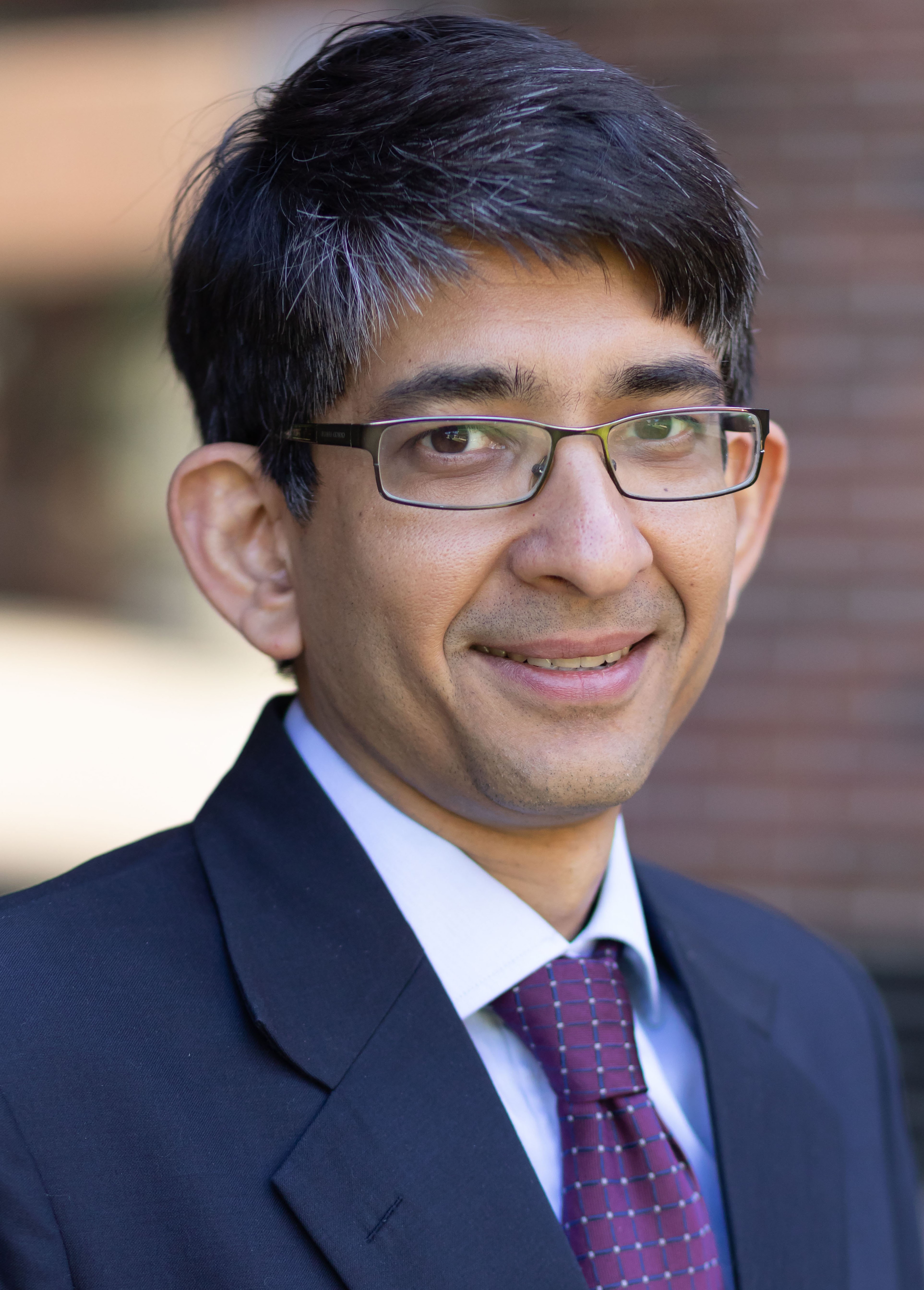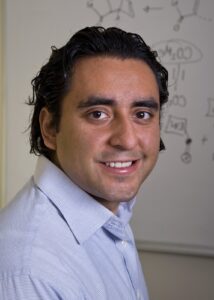I am pleased to announce the winners of the 2023–2024 Paul H. Emmett Award in Fundamental Catalysis. This award recognizes and encourages individual contributions in the field of catalysis with emphasis on discovery and understanding of catalytic phenomena, proposal of catalytic reaction mechanisms and identification of and description of catalytic sites and species. The award winner must not have turned 46 on April 1st of the award year. The award is sponsored by WR Grace & Co and managed by the North American Catalysis Society. The award consists of a plaque and an honorarium of $5,000. The plaque will be presented during the closing banquet ceremonies at the 2023 North American Meeting of the Catalysis Society (NAM28), scheduled to be held on June 18–23, 2023, in Providence. The awardees will also present a Plenary Lecture at the NAM meeting.
The NACS Board has recently approved to honor up to two Emmett awardees every two years. The two awardees for the 2023–2024 cycle are (listed alphabetically):
2023 Winner: Professor Aditya Bhan, University of Minnesota
2024 Winner: Professor Yuriy Román-Leshkov, Massachusetts Institute of Technology
 Professor Aditya Bhan and his group are recognized for bringing analytical formalisms and detailed experimentation to elicit kinetic and mechanistic information, verified against thermodynamic measurements and strictures, into hydrocarbon reaction systems of significant complexity and practical utility. His group has provided critical insight into how and why catalytic processes occur, both as they form desired products and as they lead to unselective or deactivating side paths for a number of important industrial catalytic processes including methanol-to-hydrocarbons catalysis, non-oxidative and oxidative alkane conversion, partial oxidation of olefins, hydrodeoxygenation, and dehydration. These studies have brought concepts of chemical kinetics and thermodynamics to derive fundamental insights into catalysis on zeolites, carbides, oxides, metals, and MOFs. His group has brought new concepts and definitions to the kinetic analysis of heterogeneous catalytic systems in developing a kinetic description of site ensembles on catalytic surfaces, in demonstrating rate functions of an overall reaction with many elementary steps can be written in a form analogous to the microscopic law of mass action, and in developing mathematical models describing rates and reversibility in complex reaction networks.
Professor Aditya Bhan and his group are recognized for bringing analytical formalisms and detailed experimentation to elicit kinetic and mechanistic information, verified against thermodynamic measurements and strictures, into hydrocarbon reaction systems of significant complexity and practical utility. His group has provided critical insight into how and why catalytic processes occur, both as they form desired products and as they lead to unselective or deactivating side paths for a number of important industrial catalytic processes including methanol-to-hydrocarbons catalysis, non-oxidative and oxidative alkane conversion, partial oxidation of olefins, hydrodeoxygenation, and dehydration. These studies have brought concepts of chemical kinetics and thermodynamics to derive fundamental insights into catalysis on zeolites, carbides, oxides, metals, and MOFs. His group has brought new concepts and definitions to the kinetic analysis of heterogeneous catalytic systems in developing a kinetic description of site ensembles on catalytic surfaces, in demonstrating rate functions of an overall reaction with many elementary steps can be written in a form analogous to the microscopic law of mass action, and in developing mathematical models describing rates and reversibility in complex reaction networks.
 Professor Yuriy Román-Leshkov and his group combines catalyst synthesis, kinetic studies, and reactor design to study chemical transformations related to the sustainable production of fuels and chemicals. A distinctive focus has been the design of reactive environments in solid catalysts to improve activity and selectivity by using electric fields, confinement, and site cooperativity as means to control reaction rates. His work on Lewis acid zeolites has improved our understanding of how the metal center, intrapore confinement of reactants/solvents, and framework polarity influence rates for the conversion of bio-derived oxygenates in the liquid phase. This includes transfer hydrogenations, isomerization-lactonization sequences, and C‑C coupling reactions of carbohydrates, furan-derivatives, and keto-acids, to produce a wide range of value-added chemicals. Yuriy has made important contributions to the areas of sustainable aviation fuels and plastic waste deconstruction through his work on selective hydrodeoxygenation of lignin into aromatics and hydrogenolysis of polyolefinic plastic waste with earth-abundant catalysts. Lastly, his collaborative efforts to bridge concepts in thermo- and electrocatalysis have resulted in foundational insights into how interfacial electric fields influence thermochemical reaction rates even for systems disconnected from external wiring.
Professor Yuriy Román-Leshkov and his group combines catalyst synthesis, kinetic studies, and reactor design to study chemical transformations related to the sustainable production of fuels and chemicals. A distinctive focus has been the design of reactive environments in solid catalysts to improve activity and selectivity by using electric fields, confinement, and site cooperativity as means to control reaction rates. His work on Lewis acid zeolites has improved our understanding of how the metal center, intrapore confinement of reactants/solvents, and framework polarity influence rates for the conversion of bio-derived oxygenates in the liquid phase. This includes transfer hydrogenations, isomerization-lactonization sequences, and C‑C coupling reactions of carbohydrates, furan-derivatives, and keto-acids, to produce a wide range of value-added chemicals. Yuriy has made important contributions to the areas of sustainable aviation fuels and plastic waste deconstruction through his work on selective hydrodeoxygenation of lignin into aromatics and hydrogenolysis of polyolefinic plastic waste with earth-abundant catalysts. Lastly, his collaborative efforts to bridge concepts in thermo- and electrocatalysis have resulted in foundational insights into how interfacial electric fields influence thermochemical reaction rates even for systems disconnected from external wiring.
Congratulations to Professor Bhan and Professor Román-Leshkov!
Jingguang Chen
President, North American Catalysis Society